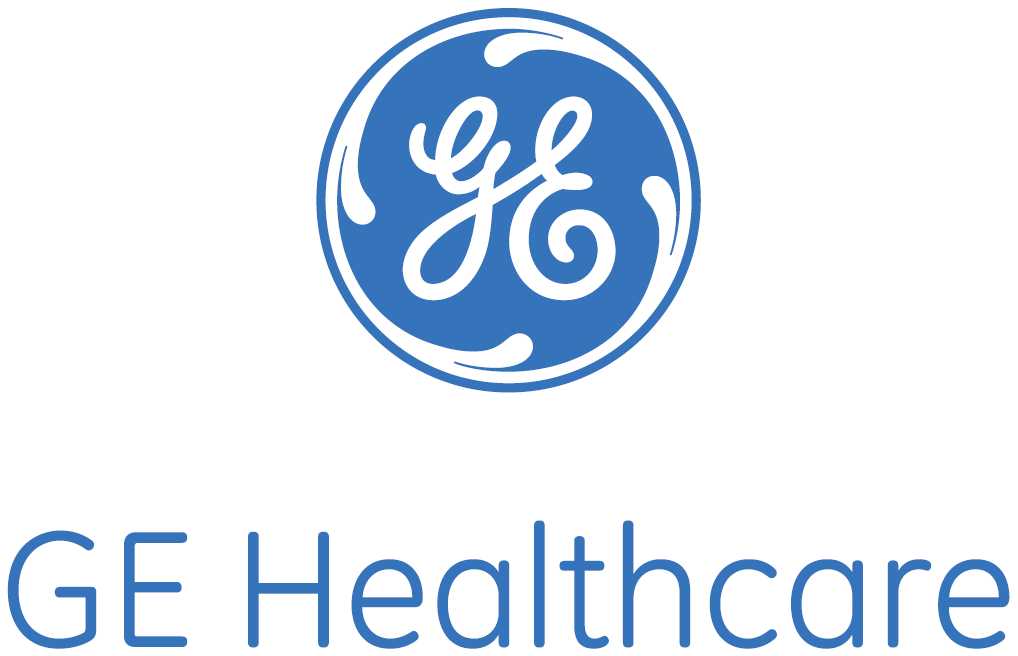 GE Healthcare, the $18 billion healthcare technology division of GE (NYSE: GE), has launched its first healthcare accelerator aimed at improving healthcare outcomes for developing economies.
GE Healthcare, the $18 billion healthcare technology division of GE (NYSE: GE), has launched its first healthcare accelerator aimed at improving healthcare outcomes for developing economies.
five.eight – which joins GE’s Innovation Network – will target global health startups with a vision to improve healthcare quality and accessibility in developing or low-resource settings – from education and training to disruptive, low-cost technologies and digital applications.
Portfolio companies from social impact investors Acumen, Aavishkaar-Intellecap Group, Unitus Seed Fund and Villgro will be among the initial applicants for the first accelerator program.
Through the program, GE Healthcare and each startup will focus on commercially scaling healthcare innovations for emerging economies, with the potential for GE Healthcare distribution of the startup product, or integration of the service into GE Healthcare’s Affordable Care Portfolio.
In addition, potential funding of up to $5M/per startup will be evaluated on a case-by-case basis as the collaboration between GE Healthcare and each startup evolves.
Five.eight aims to select at least 10 startups in its initial program, with applicants sourced from the the above investors, but not limited to these portfolio companies.
The first company signed on to join five.eight is Tricog, a Bangalore-based startup focused on improving survival rates of heart attacks in India by decreasing the average time between symptoms and treatment. Using cloud-connected ECG devices in medical centers, Tricog allows doctors to better diagnose a patient within minutes of their arrival at a clinic, improving access to accurate and affordable diagnosis. GE Healthcare and Tricog will collaborate on scaling Tricog’s solution to more markets globally.
The startups joining five.eight will have access to Innovation Network programming and resources as well as connectivity to other GE global innovation centers in Helsinki, Cardiff, Istanbul, Calgary, Johannesburg, Dubai and more.
The accelerator is also open to partnerships with global health startups directly, or other players within the global health ecosystem, including academia, NGOs or other healthcare providers.
FinSMEs
23/09/2016